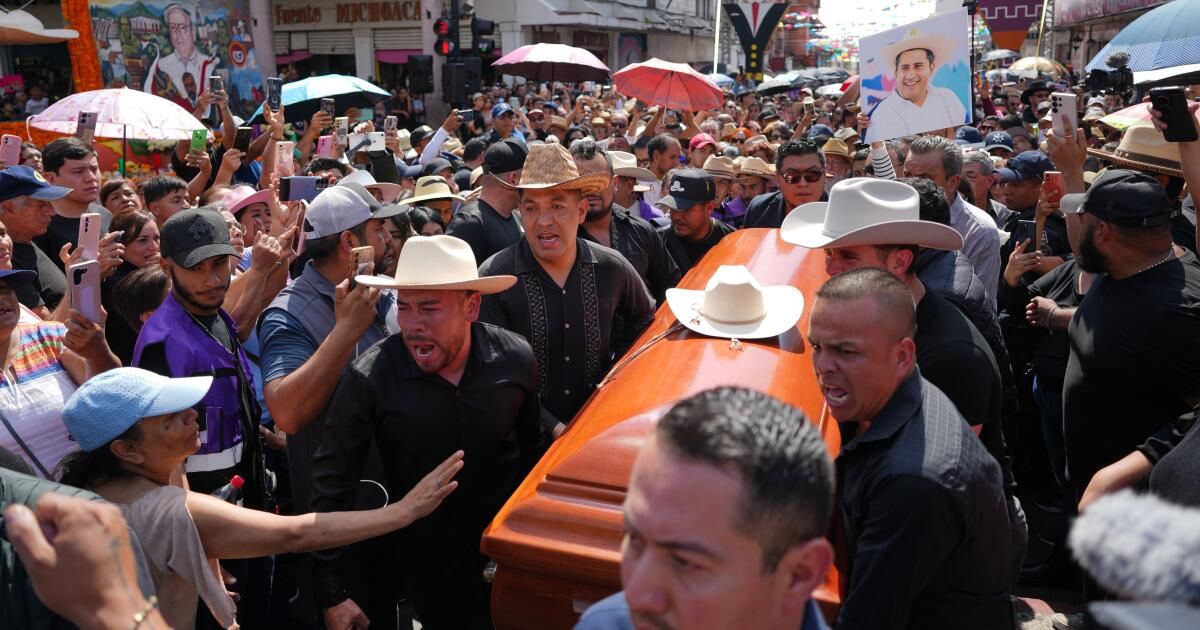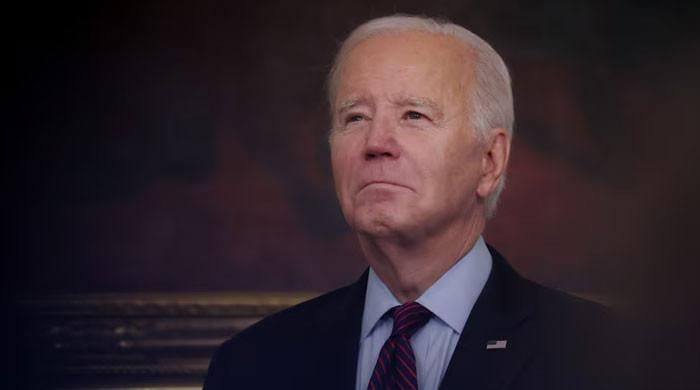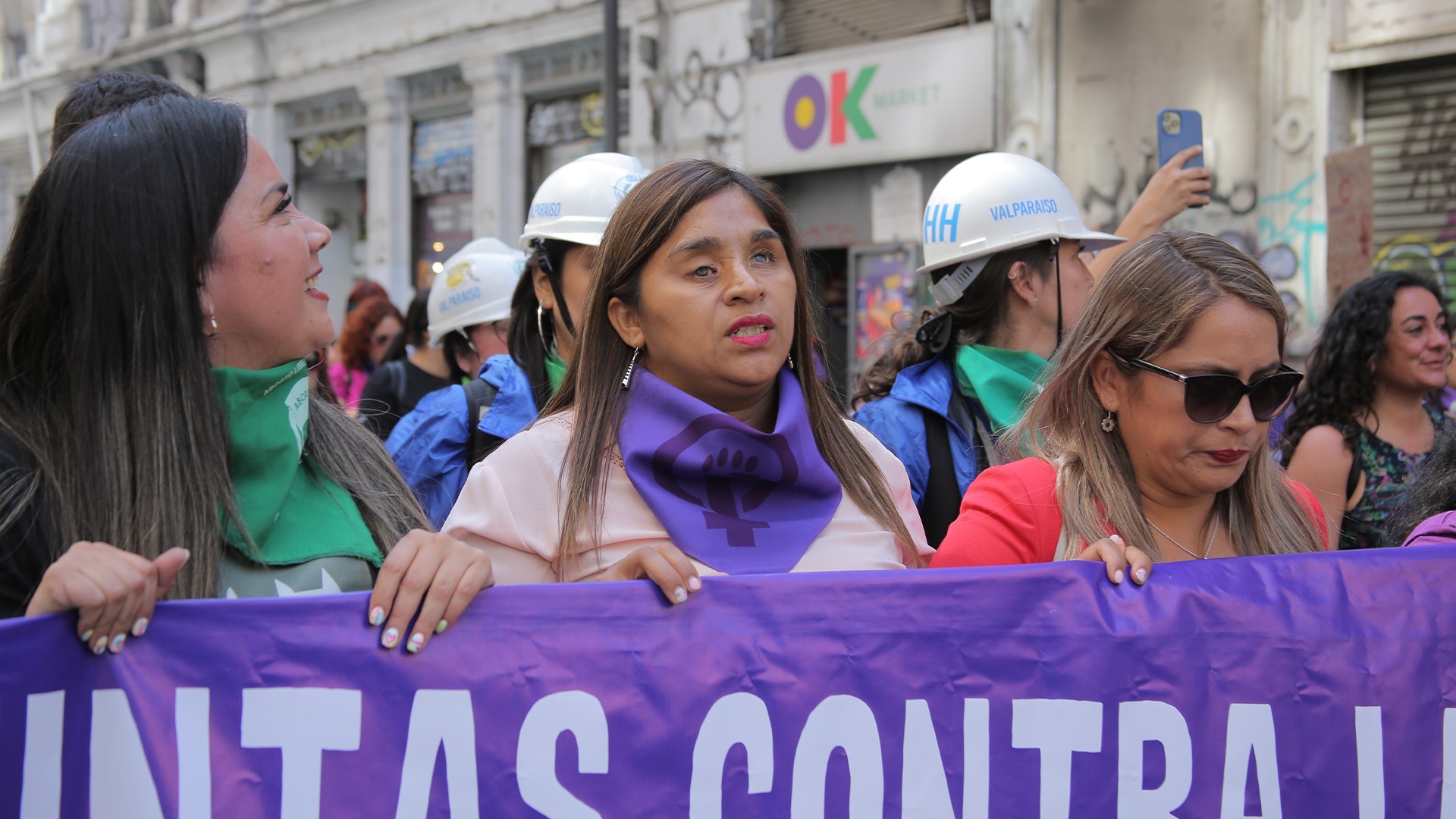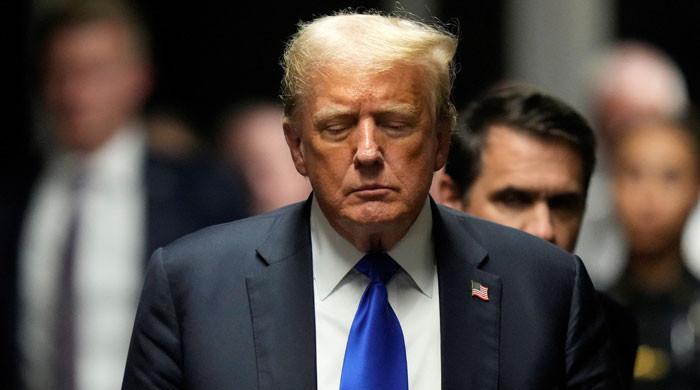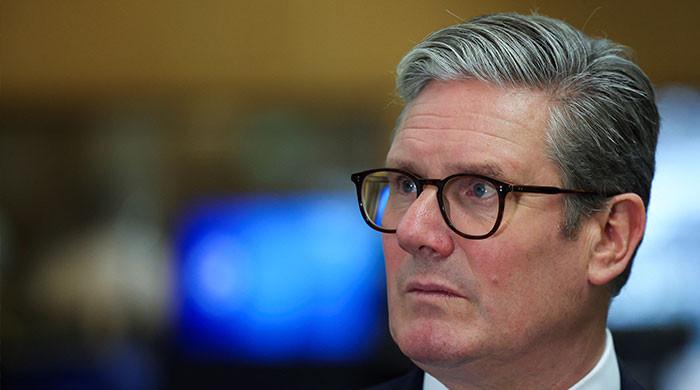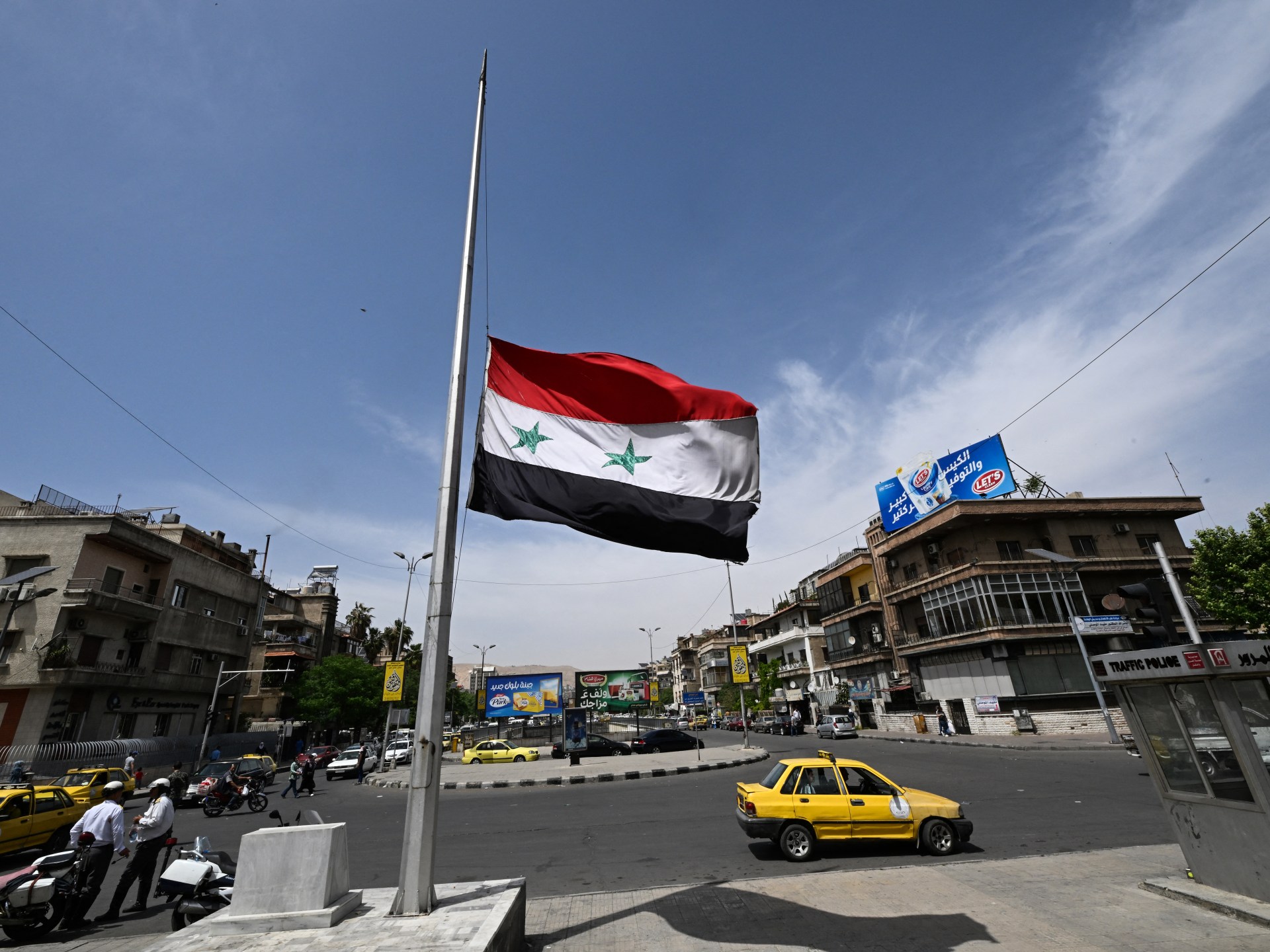MEXICO CITY — Carlos Manzo blazed a maverick path as he fought both cartels and what he called scant federal support for his crusade against organized crime in his hometown of Uruapan in western Mexico.
The “man with a hat,” because of his trademark white hat, was a nuisance to the power structure in Mexico City, but he was beloved among many voters for his uncompromising stance against the ruthless mobs that dominate much of the country.
“They can kill me, they can kidnap me, they can intimidate or threaten me,” Manzo declared on social media in June. “But people who are fed up with extortion, with homicides, with car thefts, will demand justice.”
And he added: “There is an angry tiger out there: the people of Uruapan.”
That rage manifested itself dramatically last week, when tens of thousands marched through the streets of Uruapan and other parts of the violence-torn state of Michoacán to denounce the murder of Manzo, 40. He was shot to death on Nov. 1 amid a crowd of revelers, including his family, at a Day of the Dead celebration, in a killing that resonated across the country and beyond.
The murders of other public figures in recent years have also sparked outrage and consternation in the country, but Manzo's death has unleashed something else: a divisive aftermath that has many questioning Mexico's very ability to confront rampaging cartels in places like Michoacán, where organized crime has a crushing grip on the government, the economy and people's daily lives.
“This structural control of organized crime is deeply worrying for the entire country,” said Erubiel Tirado, a security expert at the Universidad Iberoamericana in Mexico City. “It speaks to a crisis of legitimacy in terms of the government's ability to function.”
Legislators from the Institutional Revolutionary Party (PRI) placed hats painted like blood on their seats in repudiation of the murder of the mayor of Uruapan, Carlos Manzo, during a session in the Chamber of Deputies on November 4, 2025, in Mexico City.
(Luis Barrón/Sipa USA via Associated Press)
Mexico, wrote columnist Mariana Campos in the newspaper El Universal, “is fractured in areas where criminals set the rules, administer justice, collect taxes and decide who can be mayor, who can be a businessman.”
Less than two weeks before Manzo's murder, Michoacán police found the battered body of Bernardo Bravo, a renowned leader of regional lime producers who had rejected extortion demands from the cartels. Bravo was shot in the head and his body showed signs of torture, authorities said.
For months, President Claudia Sheinbaum's government has released statistics showing reductions in homicides and other crimes nationwide, along with the arrests of hundreds of organized crime figures, including dozens expelled to face justice in the United States.
However, polls consistently show that many Mexicans remain unconvinced. The death of Manzo, who cut a national reputation by insisting that officials coddled criminals, only added to a widespread sense of vulnerability, especially in places like Michoacán.
The picturesque region of green slopes, pine-covered mountains and a wild Pacific coast has long been a center of cartel violence. In 2006, then-President Felipe Calderón chose Michoacán as the place to declare Mexico's ill-fated “War on Drugs.”
That occurred a few months after a particularly gruesome incident in Uruapan: cartel gunmen threw five severed heads onto the dance floor of a nightclub.
During the War on Drugs, the military was deployed to combat cartels, but the strategy backfired, significantly increasing violence across the country and raising concerns about the country's militarization and trampling of human rights.

Relatives carry out the coffin of Mexican journalist Mauricio Cruz Solís during his wake in Uruapan, Michoacán state, on October 30, 2024. Cruz was shot dead on October 29 in western Mexico, a local prosecutor's office said, in a part of the country hard hit by organized crime.
(Enrique Castro/AFP via Getty Images)
According to many in Uruapan and across the country, things have only gotten worse since then.
“Tell it to the whole world: Drug traffickers rule in Mexico,” said Arturo Martínez, 61, who runs a craft store in Uruapan, a city of more than 300,000 people at the heart of Mexico's multibillion-dollar avocado industry. “What can any average person expect if the mayor is killed in front of his family, in front of thousands of people? We are completely at the mercy of criminals.”
It's an oft-expressed view that dovetails with President Trump's comments that cartels exercise “total control” in Mexico, a charge denied by Sheinbaum, although others say the collapse in Michoacán exemplifies a broader lack of control.
Uruapan “has become a mirror of the country, a microcosm where the ability to govern is derailed, [and] fear replaces the State,” said Denise Dresser, political analyst, to the Aristegui Noticias media.
manzo, independent, broke with Sheinbaum's ruling Morena party more than a year ago and accused the central government of having ignored his requests for greater police firepower and security funds to confront organized crime.
Following the mayor's assassination, Sheinbaum ruled out a return to the militaristic War on Drugs, which cost tens of thousands of lives and, according to Sheinbaum and other critics, did little to stop drug trafficking.

Police officers stand guard as protesters demonstrate against the assassination of the mayor of Uruapan at the Government Palace in Morelia, Mexico, on November 3. The Mexican government reported on Nov. 2 that Uruapan Mayor Carlos Manzo, who was killed the night before during a public event in the western state of Michoacán, had been under official protection since December.
(Jordi Lebrija/AFP via Getty Images)
Manzo was the latest of dozens of Mexican mayors and local officials killed in recent years, as cartels seek to control territories, trafficking routes, police departments and municipal budgets, while bolstering extortion schemes and other frauds. Manzo's death was notable for its provocative media presence, as it demanded that authorities beat criminals into submission or kill them.
“In many places, criminal groups control police chiefs, local haciendas, and mayors,” said Víctor Manuel Sánchez, a professor at the Autonomous University of Coahuila. “Then there are mayors like Carlos Manzo who seek to break this cycle and end up dead.”
Sheinbaum attacked opposition critics who blamed the killing on what they call his lax policies. He condemned the “vile” and “cowardly” attack on Manzo and promised to bring the killers to justice.
The 17-year-old gunman who shot Manzo to death died at the scene, according to police, who say two other suspects have been arrested. Authorities are calling the operation a well-planned cartel attack, although there has been no official confirmation of which of the many mafias operating in the area was responsible. The reason is not yet clear either.
In the wake of the mayor's assassination, the president is presenting a “Plan Michoacán” in an attempt to improve security. Many are skeptical.
“It is the last of many plans of this type,” said Tirado of the Universidad Iberoamericana. “None have worked.”
Grecia Quiroz, Manzo's widow, took over as mayor of Uruapan, promising to continue her husband's fight against the cartels. When Quiroz raised her right hand last week to take the oath, she held her husband's trademark white hat in her left arm.
“This hat,” declared the new mayor, “has an unstoppable force.”
White hats have been common at protests denouncing his death, and a white hat adorned Manzo's casket at his funeral.
The well-choreographed inauguration of his widow amid extremely tight security measures did little to alter the prevailing atmosphere of anguish and sadness in Uruapan. Hope is a rare commodity for the city's despondent and fearful residents.
“It is the narcos Who runs things here, not the mayor, not the president,” said Martínez, the store owner. “Carlos Manzo just wanted to protect his people. And look what happened to him.”
timetaff wWriter Kate Linthicum and special correspondent Cecilia Sánchez Vidal in Mexico City contributed to this report..

